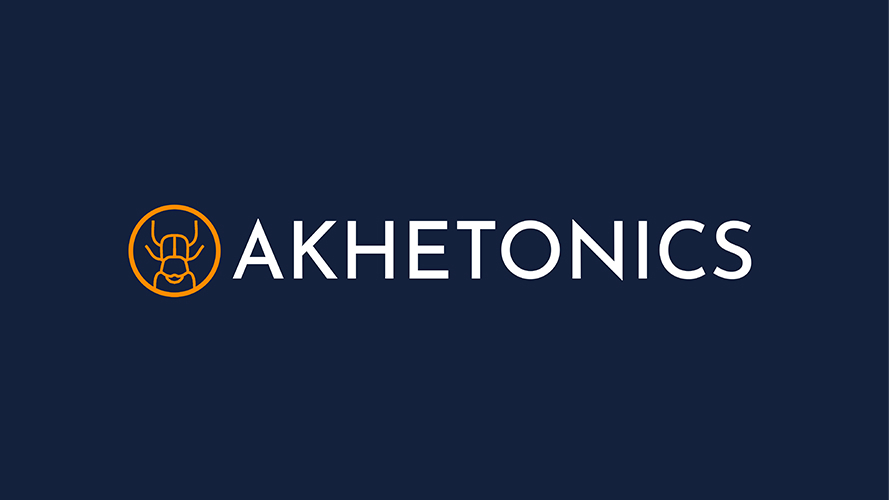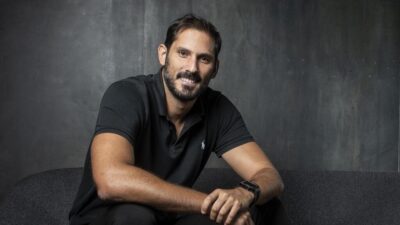Vikram Bhaskaran was overseeing creator partnerships at Pinterest when his father began exhibiting early symptoms of ALS, a rare, terminal neurodegenerative disease
Bhaskaran stated, “It completely upended my world.” Throughout the day, he was employed, and in the evenings, he would engage in Facebook groups and use Google to research the illness and treatment options. However, Bhaskaran found that it was exceedingly challenging to locate precise, beneficial information regarding his father’s condition.
“I was seated in Silicon Valley, surrounded by some of the most brilliant minds in the fields of engineering and design,” he stated. “However, I perceived it as akin to the Middle Ages in terms of health.”
Bhaskaran collaborated with his two friends, Rohan Ramakrishna, a neurosurgeon at Weil Cornell Medicine, and Arun Ranganathan, a Pinterest engineer, to establish Roon, an online resource that offers clinically accurate, intricate medical information that is generated by physicians and individuals living with a particular illness, during the pandemic.
Roon’s objective is to replace Googling (commonly referred to as “Dr. Google”) and legacy healthcare content sites such as WebMD and Healthline with video-based Q&As on thousands of health issues that have been developed by physicians at prestigious medical institutions.
Dr. Ramakrishna observed that he and other physicians frequently respond to the same set of inquiries during patient consultations. However, these responses are exclusively furnished during the physician’s appointment.

Dr. Ramakrishna stated, “Doctors possess billions of bits of privileged information in their brains that they share with you in the clinic, but it does not really extend beyond the confines of their own medical practice.”
Roon has extended an invitation to thousands of physicians to disseminate this information on its platform. Roon provides access to over 16,000 brief videos on a variety of topics, including ALS, glioblastoma, dementia, polycystic ovarian syndrome (PCOS), and Fertility & Family Building, for individuals seeking information about a particular condition.
Roon intends to broaden its coverage of women’s health, including menopause, breast cancer, cervical cancer, and fundamental gynecological health, in the months ahead. Subsequently, it will expand its content to encompass pediatrics, cancer, neurology, and metabolic health.
Bhaskaran regards Roon as a platform for physicians to create. “It’s somewhat reminiscent of the early days of Pinterest,” he stated.
The reason doctors join Roon is to share their knowledge and provide vital information. The company’s platform provides them with the opportunity to become creators, although they may not necessarily generate revenue from their content.
Roon provides doctors with an honorarium for their participation; however, some decline due to conflict of interest regulations. Consequently, this platform is not intended to transform doctors into highly compensated social media star creators. Bhaskaran stated.
Nevertheless, Bhaskaran is of the opinion that Roon enables physicians to provide superior patient care and save time. For example, they may distribute Roon videos as an educational supplement prior to or following an appointment.
Roon’s content is appealing to patients because it provides them with medical advice from actual physicians and other patients who are also coping with the disease.
Investors maintain confidence in the organization, regardless of the fact that it has yet to generate revenue or establish its business model.
Co-led by Forerunner Ventures and First Mark, the startup has raised $15 million at a valuation of $68 million. Sequoia Capital and TMV, who were previously investors, have also participated.
Eurie Kim, the managing partner at Forerunner, was profoundly moved by Roon’s proposition. She provided care for her mother, who was afflicted with cancer, for more than a decade.
“You are unable to spend a significant amount of time with your surgeon or doctor, which is why you become anxious when they ask, ‘Do you have any questions for me?'” she stated. Kim regards Roon as a means of enabling patients to be more informed and prepared for their consultations.
Kim is of the opinion that Roon has the potential to monetize its content through a variety of methods. It has the potential to generate revenue by selling advertisements or providing a subscription service to medical practices and institutions that wish to distribute educational videos to patients.
She also mentioned that the site has the potential to be expanded into a doctor directory, which would assist patients in locating physicians or obtaining second opinions.
Kim, a consumer-focused investor, thinks that business models become apparent once a platform has garnered a critical mass of loyal followers and users.
Kim stated, “You must begin with the content, the trust, and the appropriate information, and then expand from there.”



